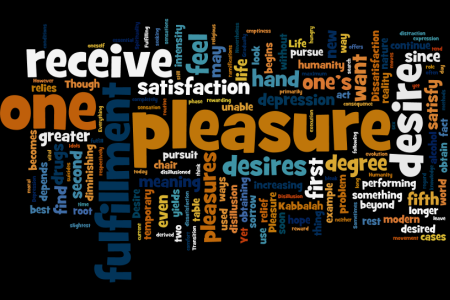The Scientific Approach to Spirituality That Really Works
Why the Books of Kabbalah Are Essential for Spiritual Development
Kabbalistic books are not like ordinary books we buy in a bookstore, or like the ones we study in university. They are not even like the ones we study from in Yeshivot (rabbinical colleges). The special thing about the genuine books of Kabbalah is that reading them improves the readers, makes them feel something new, and helps them to develop their sixth sense. It is with that sixth sense that a person begins to discover spirituality, to see what is beyond our world. With it, he or she begins to see the forces behind the objects of our world.
Kabbalah Gives a Person Tools to Benefit Themselves and Others
The minute we are able to go beyond this outer shell before us, we will begin to feel the forces that control our reality. Then we will be able to connect with those forces, influence them, see what exactly we are doing right and what we’re doing wrong. With this understanding in hand, we will discover how we should behave in order to match ourselves with a supreme and mighty force that surrounds the entire reality. This way we will be able to live consciously in a better world for all of us.
I do not mean to say that Kabbalah teaches us how to improve our lives at the expense of others. On the contrary: the contact with the upper world teaches us how to refrain from hurting others, how to attain the true desire to give. The laws of the upper worlds are the only laws that exist in reality; they raise humanity to the degree of MAN. We currently have no contact with them, and because of that we break them and thus inflict harm on others and ourselves.











